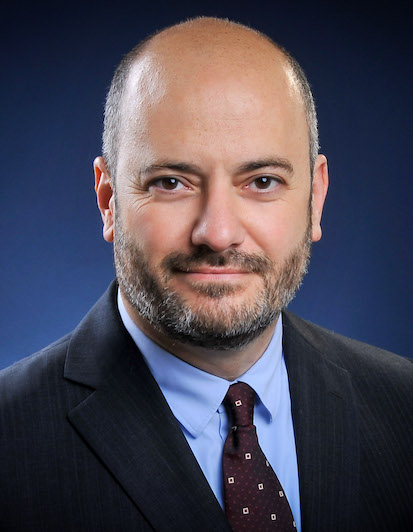
In the four decades leading to the publication in 2007 of the National Energy Plan 2030, total energy consumption in Brazil expanded at an average 3% / year. In 1970 wood was still the main energy source, supplying 46% of national demand, with oil coming second at 36% (Ministry of Mines and Energy 2007). The next two decades showed significant changes in the Brazilian energy matrix, with oil largely fuelling the economic boom of the 70’s. Severe oil crises in the mid-70’s and early 80’s once again changed the scenario, leading the country to pioneer large-scale energy infrastructure programs exploring sugar-cane and hydropower, mainly aimed at decreasing the dependence of oil. In the late 1970’s Brazil started investing heavily in hydroelectric dams: while the share of hydropower in electricity generation decreased 4.7% globally in four decades (International Energy Agency 2014) , in Brazil it increased over 500% in roughly the same period (Empresa de Pesquisa Energetica 2013). From 1970 to 2012, the total energy supply in Brazil increased from 66.9 Mtoe to 281 Mtoe (420%). Electricity generation capacity went from 45 TWh to 592.8 TWh (over 1300% growth) (IEA.org 2015), and the share of hydropower in electricity supply grew from 15% to 84.5% (563%) (Empresa de Pesquisa Energetica 2013).
In recent decades, Brazil has made significant progress in reducing poverty and inequality, mainly by implementing and consolidating nationwide social programs. Economic growth in the ’90s and 2000s, fuelled by favorable commodity price trends, allowed the country to establish large-scale cash transfer programs, responsible for lifting approximately 30 million people out of poverty.
Social policy is considered an essential component of the recent Brazilian model of development, along with economic growth and the political consensus that characterized the first decade of the Lula administration (2003 - 2011) (UNU-WIDER 2014). Since 2003, most of the federal government’s social programs have been consolidated into Bolsa-Familia, a comprehensive Conditional Cash Transfer (CCT) program providing basic assistance to ~50 million citizens - over 25% of the Brazilian population. In 2011, the Brasil Sem Miséria (Brazil Without Extreme Poverty) program was launched, with the ultimate goal of eradicating extreme poverty in Brazil by 2015. Brasil Sem Miséria is currently the official umbrella federal social program, encompassing Bolsa-Familia and several other programs under three main pillars: minimum income guarantee, access to public services, and capacity building.
Lowering carbon emissions from anthropogenic activity is a key priority of the international community towards mitigating climate change in the 21st century. Land-use change accounts for a significant part of global emissions - 14-20% from 2000 to 2007 (Arima et al 2014), mostly from deforestation of tropical forests. Brazil holds approximately 1/3 of the world’s tropical forests, with 463 million hectares of land - 54% of the national territory - occupied by rainforests (90% of which are located in the Amazon region) (IFB 2013). In the last decade, deforestation in Brazil peaked in 2004, when nearly 30.000 Km2 of forest area was destroyed. According to the Brazilian government’s Second National Communication to the United Nations Framework Convention on Climate Change (UNFCCC), 77% of Brazil’s carbon emissions from 1990 to 2005 came from the land-use change and forestry sector (LUCF), with 67% of this total originating in the Amazon region and 22% in the Cerrado (MCTI 2010). Brazilian forests have the largest global carbon stock in living forest biomass (62.6 billion tons) (IFB 2013). These figures highlight the importance of deforestation in the Brazilian Amazon region as a global source of carbon emissions, and Brazil’s significant role in climate change mitigation.

Ricardo Andrade is co-founder and CEO of technology startup Taonics Innovation and doctoral researcher at the Otto Suhr Institute of Political Science, Freie Universität Berlin. His research interests include algorithmic governance, innovation, digital transformation, socio-technical and socio-environmental systems, Brazil-China relations, renewable energy, public participation, and liberal democracy. Trained in Communications, Public Management and Technology, his background includes management positions at NGOs and in the private sector in Brazil, Europe and China. He has participated in EU-funded research projects on massively multiplayer / location-based mobile gaming platforms (ADI - Portuguese Agency for Innovation), online massively multiuser public participation environments (EU), and satellite-enabled smart garments for firefighters (ESA - European Space Agency).
